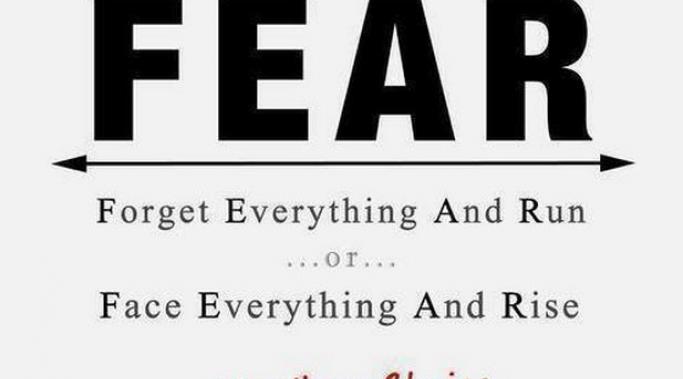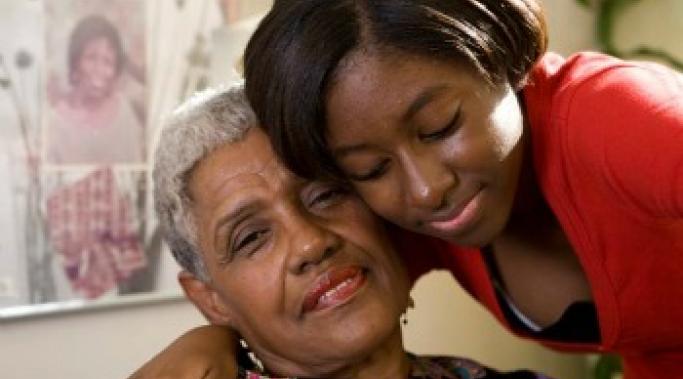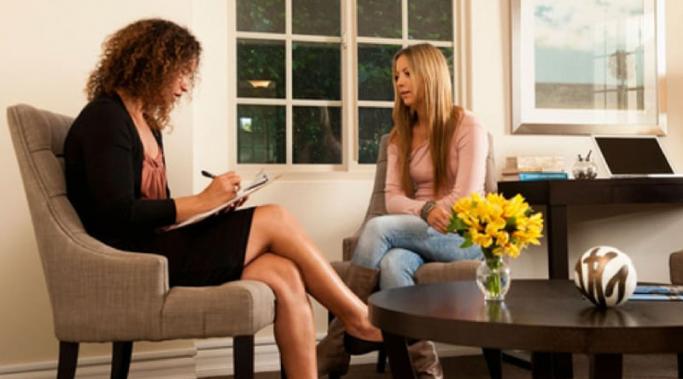How to treat PTSD by yourself is a tough process to discover. In fact, as someone who struggled with posttraumatic stress disorder (PTSD) for over 25 years, I can tell you from personal experience that you won't discover how to treat PTSD by yourself and reach 100% success. You will need the insight and training of professionals who have deep knowledge in processes that can ease the pain, soothe the memories, and release the fear. That having been said, there are many things you can do on your own to supplement the work you do with a professional, or to tide you over until you find the support you need.
PTSD Recovery Tips
Posttraumatic stress disorder (PTSD) recovery (and the actions it requires) often incites a lot of fear. It has to: creating change always takes you into uncharted territories that can make you question yourself. Frequently, the pain of facing difficult things, plus the exhaustion of attempting to break free from what’s controlling you will put you in situations that bring on a big feeling of “I can’t handle it.” This moment and feeling are the essence of fear in PTSD recovery and there are good reasons for feeling it.
Coping skills for posttraumatic stress disorder (PTSD) caregivers are important. Recently, I received a simple, single-lined email from a man looking for an answer to an important question: "What is the best coping skill I can use to help someone with PTSD?" As any caregiver knows, supporting a friend or loved on through PTSD can be a thankless, challenging, and patience-sapping process. There are, however, ways to help the job be clear, focused and proactive. If you are a PTSD caregiver or know of one, share these coping skills for PTSD caregivers.
Developing hope in PTSD (posttraumatic stress disorder) recovery is, in a word, difficult. You're struggling with the symptoms of PTSD that include depression, insomnia, nightmares, anxiety and hypervigilance (all of which can lead to despair) and you're supposed to find some way to be optimistic? You might be tempted to say, "No way," but if you want to heal it's going to be important to find a way to say, "Heck, yeah, I can develop hope in PTSD recovery."
I wasn't actually diagnosed with posttraumatic stress disorder (PTSD) when I started therapy. So years into my first therapeutic relationship I realized we were going nowhere -- fast. I'd gotten into therapy to learn how to live as a chronic patient, but what we were doing was talking and talking and talking about my trauma and the enormous fears I carried. I was mentally and physically deteriorating at a frightening speed. I needed to know how to find a good PTSD therapist.
For anyone who experiences dissociation as part of the posttraumatic stress disorder (PTSD), (and this includes me during my PTSD years) you know how frustrating, embarrassing and uncontrollable it can be. Reducing dissociation in PTSD is something we all want.
Enormous and consistent stress on a body will always be evidenced in maladies. Symptoms of posttraumatic stress disorder (PTSD) cause many physical changes that frequently create medical issues. In my own PTSD experience, I developed significant digestive, immune, bone, hair and liver problems. Now, new research suggests PTSD might also cause type 2 diabetes.
In my own recovery from posttrauamtic stress disorder (PTSD), I came to see PTSD symptoms as a trauma addiction and this affected my self-esteeem. Let me explain.
Recently, I’ve spoken to two survivors who are just discovering (after years of invested time and work) that their therapists are not equipped to work with posttraumatic stress disorder (PTSD). This breaks my heart to hear. You’re struggling enough to cope through the day without being stuck in a treatment approach that can’t help you reach your recovery goals as quickly as possible. But the two stories I recently heard don’t surprise me. In fact, it was my story too.
You change after trauma, but everyone else expects you to remain the same. Up until the day of your trauma (whether that was birth or any time afterward) the people around you have expectations for who you are, how you should behave, what you will and won’t do and that you will make choices in alignment with their agenda. The stress and pressure of these expectations can become enormously overwhelming – especially over the holidays.









